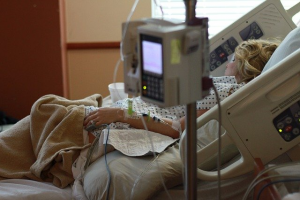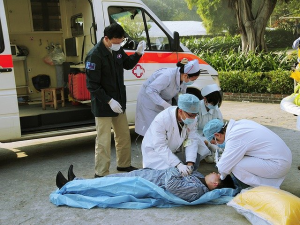
Selenium supplementation – especially intravenous selenium supplementation – seems to be a promising adjuvant treatment for critically ill patients.
The aggregated results of a meta-analysis of the clinical outcomes of selenium supplementation on critically ill patients shows that intravenous selenium supplements as a single therapy can decrease the total mortality and can shorten the length of stay in hospital [Zhao 2019].
Furthermore, the results from the meta-analysis showed that the selenium supplementation did not increase the incidence of drug-induced side effects compared with the control group [Zhao 2019].
Selenium Supplementation for Critically Ill Patients – The Evidence
The researchers reviewed 19 randomized controlled trials enrolling 3341 critically ill patients. There were 1694 critically ill patients in the selenium supplementation group and 1647 critically ill patients in the control group.

